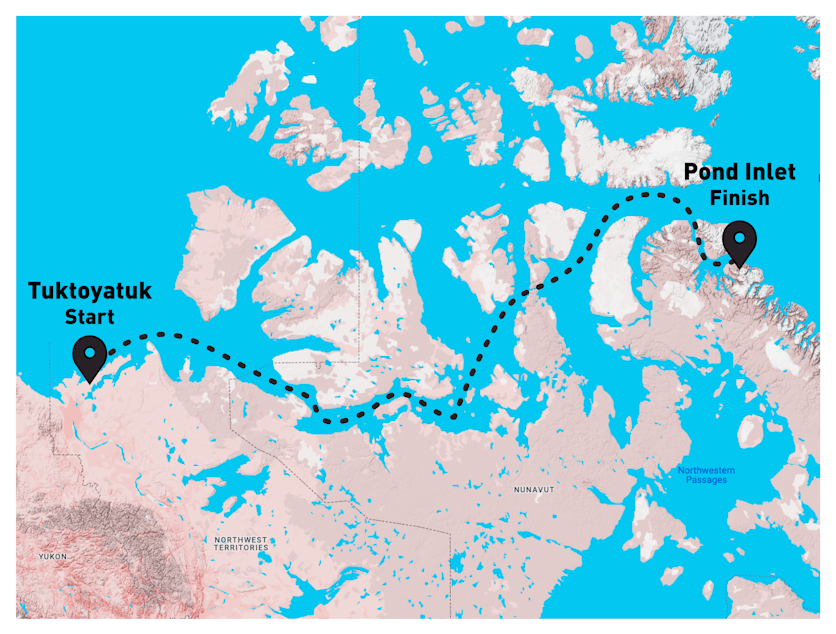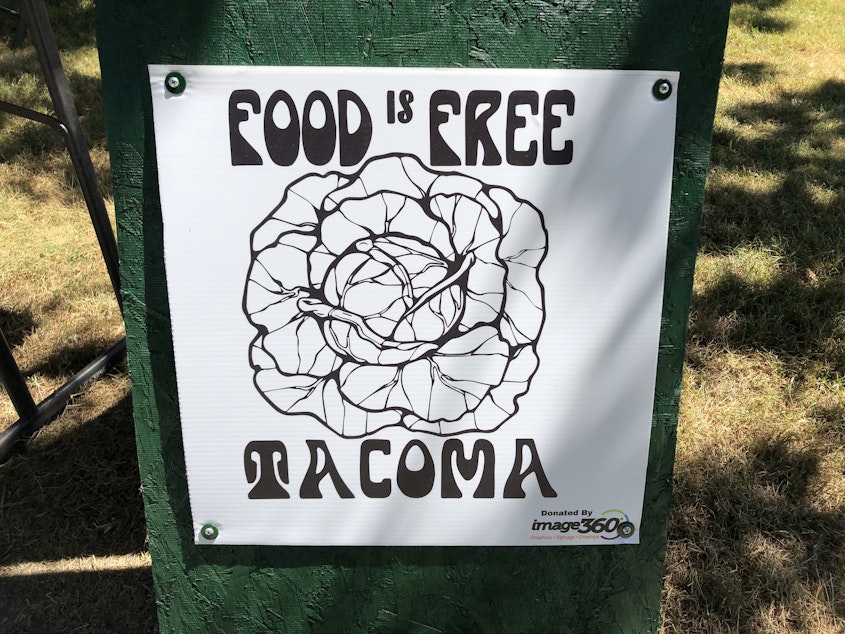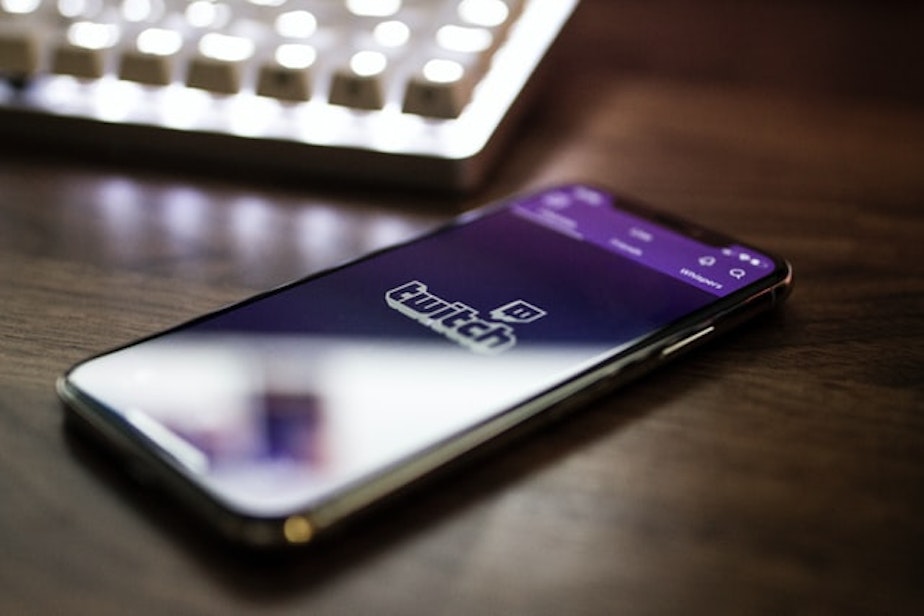Lessons from the Northwest Passage: Today So Far

- Washington man cuts Northwest Passage paddleboard trip short. But this is not the end.
- If you drive a Kia, you may want to splurge on some extra security.
- As we further emerge from pandemic precautions, you may notice a lot more birds around.
This post originally appeared in KUOW's Today So Far newsletter for August 16, 2022.
Karl Kruger started this summer with a plan — take a paddleboard through the Northwest Passage, over the north end of Canada, while the icy waters opened up enough for him to make the journey.
After 420 miles and 15 days, just a quarter of the journey, he paddled to the shores of Paulatuk in the Northwest Territories and decided he needed a new plan. He started the journey weighing 190 pounds. When he came ashore, he weighed 173 pounds. Kruger was greeted by an Inuit hunter named Joe who was kind enough to take him, via a 4-wheeler, to a small hotel in the nearby town.
Kruger, 50, of Orcas Island, is known as an experienced extreme paddleboarder, which is a title you want to have if you plan on traveling over Arctic waters. He set off last month with the intention of making the entire 1,900 mile journey this summer. But now he has even more experience, and that is informing a new plan — the Northwest Passage journey will now take place over two or three summers, with better food, lighter gear, and more time. The caloric intake was an issue. It takes a lot of energy to paddle in such extreme conditions. But also, Kruger noticed he wasn't present for much of the trip. He wants to slow down, and talk to people.
“Just have boots on the ground and meet people and learn as much as I possibly can about the changing Inuit relationship with their land, and also climate change in the Arctic .... the closer I got to Paulatuk, the more hunters and fisherman I saw out on the water. And that is the talk in town — who got what duck, who got a beluga, who is going out for caribou this weekend."
Read the full story here.
If you drive a Kia, you may want to splurge on some extra security. A trend that started on TikTok has resulted in a considerable spike in thefts of Kias (and some Hyundais) across the country. It's a trend that has been felt locally. The TikTok videos essentially showed viewers a very easy trick to steal a Kia using just a screw driver and a USB charging cable. That has led to what some call a "Kia Challenge," which isn't so much a "challenge" as it is a massive spree of Kia thefts. Now, police throughout King and Pierce counties are warning Kia drivers to keep a close eye on their cars. Read more here.
As we further emerge from pandemic precautions, you may notice a lot more birds around. A new study out of the University of Washington looked at Northwest bird behavior as Covid lockdowns took place, and after. It made a few surprising observations. First, with people and cars reduced in public, birds spread out. They used our parks and back yards more. But when life began getting back to normal — more cars and more people — the birds didn't go away. It should be noted that from hummingbirds to crows and chickadees, different species reacted differently to the times. Soundside has the full story here.
AS SEEN ON KUOW

Tacoma's David Thompson had a problem that many gardeners can relate to: he had too many vegetables. Even after sharing with neighbors, there was still plenty to go around. But Thompson found a way to spread the bounty, and he hopes it’ll inspire other gardeners to do the same. (Ruby de Luna / KUOW)
ALSO ON OUR MINDS

Burnout turned Twitch streamers' dreams of playing games full time into nightmares
While professional video gaming can sound like an enviable gig, it's not too different from being a performer. Streamers have an audience, a persona, and act in the same role for long hours. Streamers can't really take breaks, either. They risk their fanbase losing interest during a stream and logging off. Since they're self-employed, they can't rely on paid vacation, or sick leave. That leaves streamers wondering how to navigate making an income that isn't an official "job."

